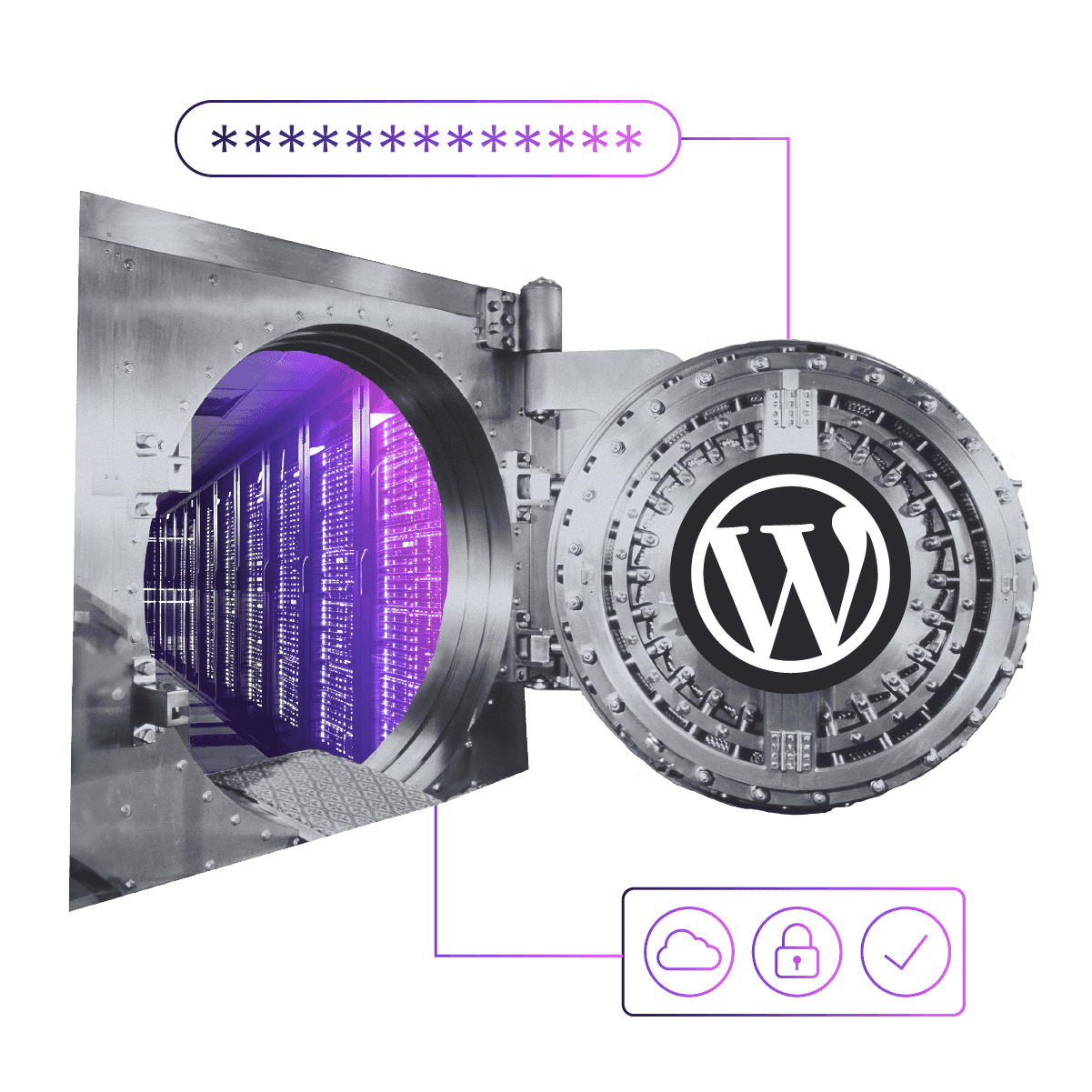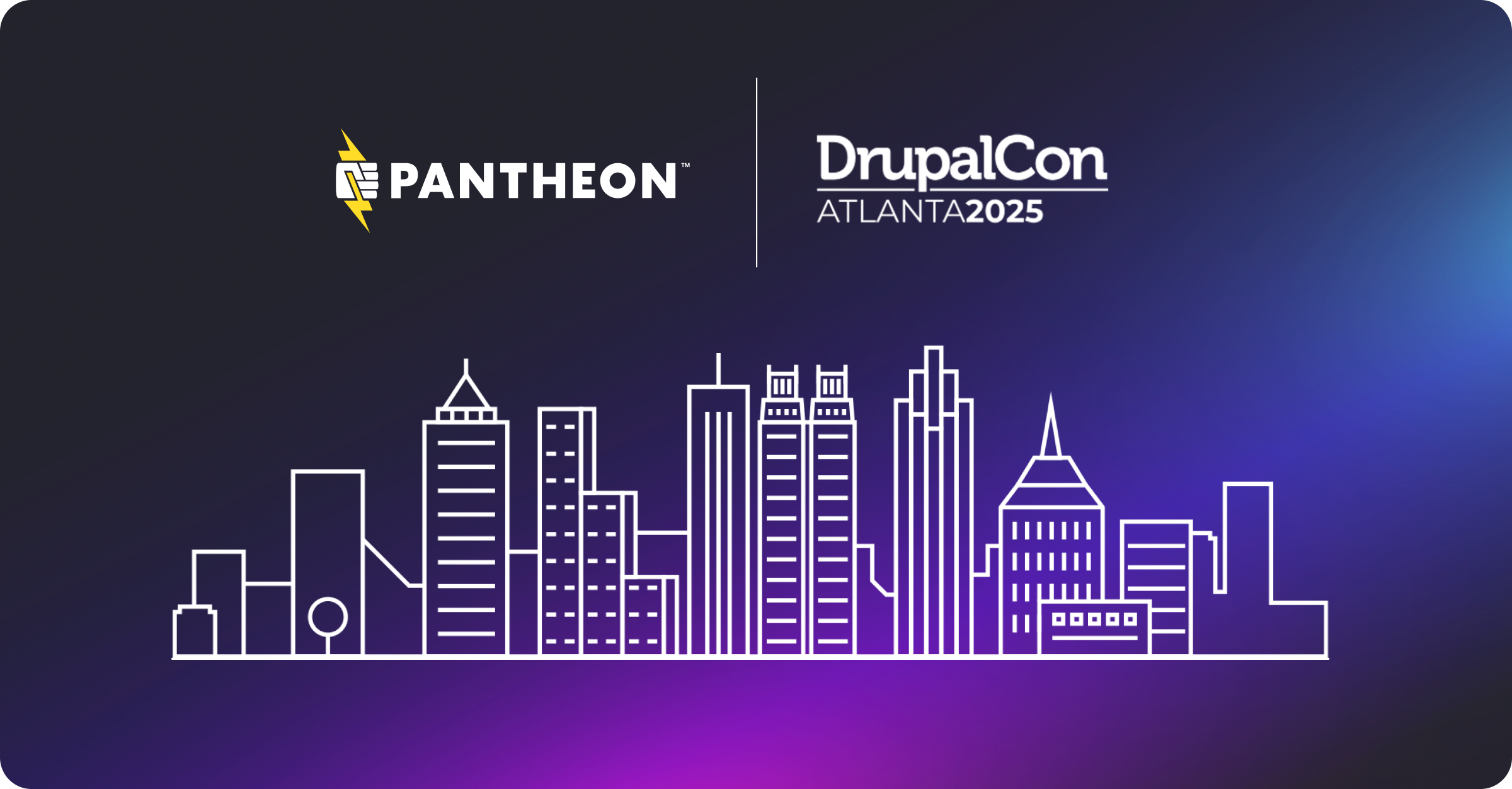4 WordPress Performance Bottlenecks that Slow Down Your Site
Imagine your WordPress site is blisteringly fast, rounding the internet track like an Indy race car. Then the thwack of a flat tire and the shriek of riding on the rim interrupts your revery.
When your website blows a tire, load delays and error messages drive site visitors out of the stands, leaving you with an empty stadium.
While it’s tempting to blame WordPress, the platform is only as fast as you make it. What plugins you use, how you set up the infrastructure, and how you configure the site all contribute to performance. Don’t forget, the slowest-running component dictates the site’s overall responsiveness.
Before you throw a wrench at your website, read on. To optimize your WordPress site for speed, start with the four culprits below, which commonly contribute to poor performance.
1. Mechanical Disk Drives
A mechanical disk drive, also known as a hard disk drive (HDD), is a spinning metal platter with a magnetic coating that stores data. A solid state drive (SSD) stores data on interconnected flash memory chips. Searching data on an HDD is limited by the speed of the physical components, while SSD operate at the speed of electricity. Switching to SSDs is a recommended move for peak performance—Pantheon uses SSDs exclusively for our platform.
2. Default Storage Engine
Your database can be the ultimate bottleneck, putting a chokehold on speed. Use the InnoDB storage engine to make sure your database keeps pace with client queries and SSD speed. The InnoDB is a general-transaction storage engine that will help you avoid table-level locks, logjams and crashes. Even better: If there is a crash, InnoDB helps preserve your data.
3. Lack of Caching
Demolish delays by reducing the load on your database with cached pages. A high-performing system delivers repeat pageviews from the cache instead of rendering the page from the CMS and database each time. WordPress can deliver cached pages, but other subsystems can do it 200 times faster.
The average web page has 30 to 80 assets to load before the page is fully rendered. Pantheon’s high-performance caching strategy uses global Content Delivery Network (CDN) powered by Fastly to let you cache the entire page. This puts sub-second page loads within reach for any site on the platform. Most performance issues are tied to cache management, so optimizing it is essential.
4. Outdated PHP
Using an outdated version of PHP is like racing without a turbocharged engine. It will get you there, but not nearly as fast. PHP 7 is between 20% to 100% faster than 5.2. Keep your PHP up to date so your site runs smoothly.
Opcaching is also built into PHP 7, which saves PHP from loading, parsing, and compiling thousands of files into bytecode with every user request. Check out this post for more insight on modernizing PHP and Opcode Cache.
Get the Right Pit Crew
Pantheon bundles the essentials of WordPress performance into one website management platform: Our platform runs on SSDs and includes InnoDB, object caching, reverse proxy caching with a global CDN, and the latest version of PHP. Pantheon also properly configures the database to set you up for success from the start.


